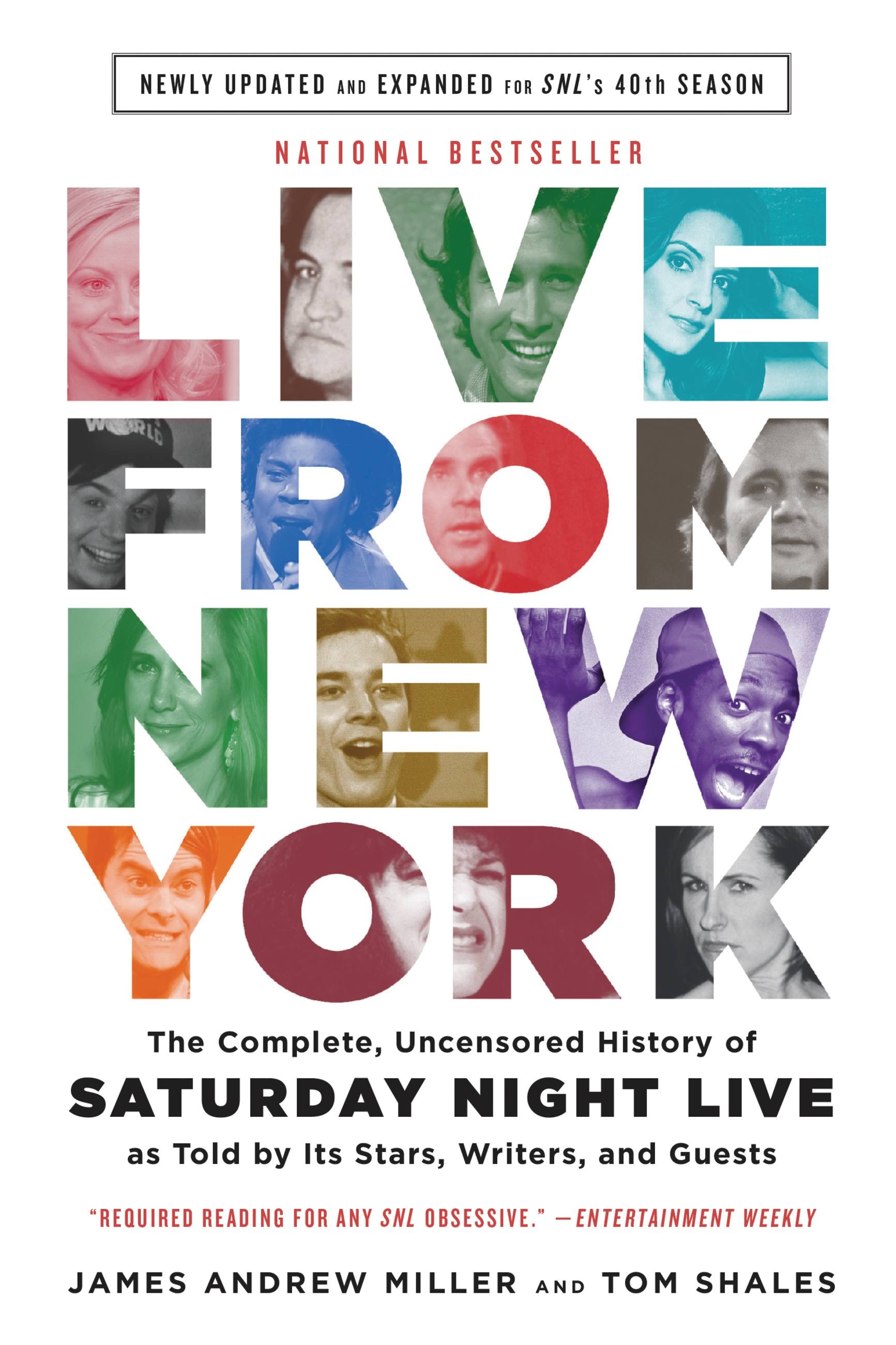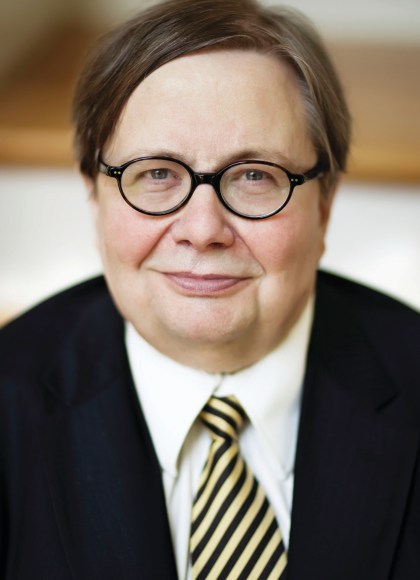By clicking “Accept,” you agree to the use of cookies and similar technologies on your device as set forth in our Cookie Policy and our Privacy Policy. Please note that certain cookies are essential for this website to function properly and do not require user consent to be deployed.
Live From New York
The Complete, Uncensored History of Saturday Night Live as Told by Its Stars, Writers, and Guests
Contributors
By Tom Shales
Formats and Prices
- On Sale
- Oct 6, 2015
- Page Count
- 800 pages
- Publisher
- Back Bay Books
- ISBN-13
- 9780316295062
Price
$24.99Price
$31.99 CADFormat
Format:
- Trade Paperback $24.99 $31.99 CAD
- ebook $13.99 $17.99 CAD
This item is a preorder. Your payment method will be charged immediately, and the product is expected to ship on or around October 6, 2015. This date is subject to change due to shipping delays beyond our control.
Buy from Other Retailers:
When first published to celebrate the 30th anniversary of Saturday Night Live, Live from New York was immediately proclaimed the best book ever produced on the landmark and legendary late-night show. In their own words, unfiltered and uncensored, a dazzling galaxy of trail-blazing talents recalled three turbulent decades of on-camera antics and off-camera escapades.
Now decades have passed, and bestselling authors James Andrew Miller and Tom Shales have returned to Studio 8H. Over more than 100 pages of new material, they raucously and revealingly take the SNL story up to the present, adding a constellation of iconic new stars, surprises, and controversies.
-
"Constantly entertaining....It's revealing, it's funny, it's mesmerizing." ---Entertainment Weekly
-
"A guilty pleasure of the highest order....Live From New York shines." ---Lev Grossman, Time
-
"A sharp-clawed, incisive account of how nearly three decades' worth of comic talent has emerged from a single television show." ---Janet Maslin, New York Times
-
"Tremendous fun." ---Rob Walker, Newsday
-
"A patchwork of backbiting, humor, intelligence, backbiting, gossip, backbiting, and backbiting." ---Newsweek
-
"Refreshing....Shales and Miller paint a detailed landscape portrait of what has become an American cultural icon, one that will guide any attentive reader to a fuller understanding of comedy, TV, and the culture itself." ---Steve Johnson, Chicago Tribune
Newsletter Signup
By clicking ‘Sign Up,’ I acknowledge that I have read and agree to Hachette Book Group’s Privacy Policy and Terms of Use


